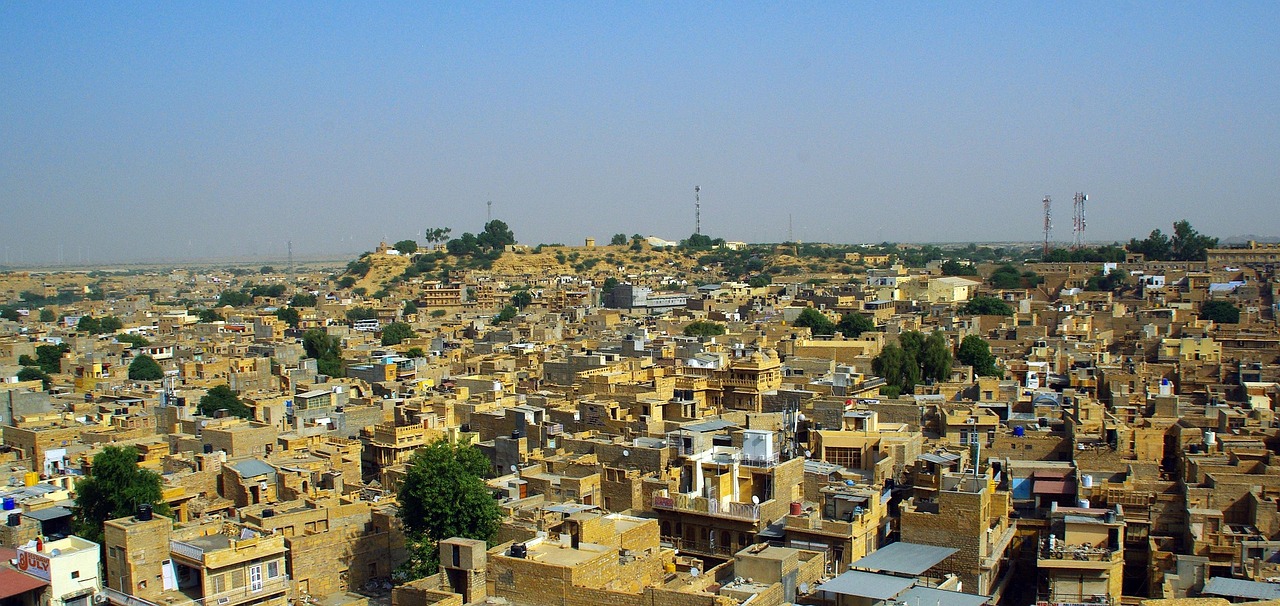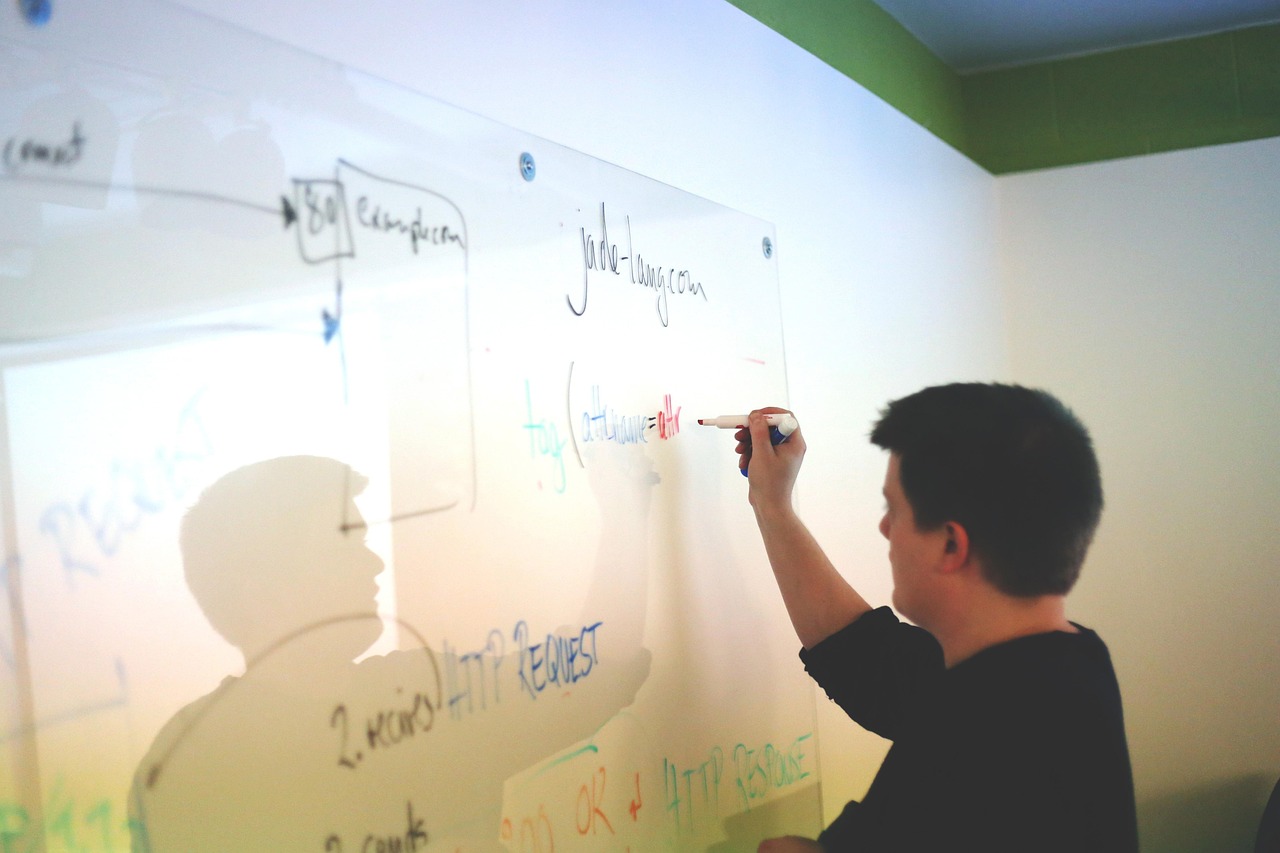关于新冠疫情的英语演讲(关于新冠疫情的英语演讲稿三分钟)
关于新冠疫情的英语演讲
Good afternoon, ladies and gentlemen. Today, I am honored to stand here and share with you my thoughts on the ongoing COVID-19 pandemic, a global crisis that has not only reshaped our daily lives but also tested the resilience of nations and their people. This pandemic, with its rapid spread and unprecedented impact, has forced us to confront the realities of our interconnected world and the fragility of our healthcare systems.
The Unfolding Crisis
The COVID-19 virus, first identified in late 2019, quickly emerged as a public health emergency of international concern. Its initial spread was marked by a series of localized outbreaks, primarily in the Asia-Pacific region. However, within a matter of months, the virus had traversed borders, transforming from a regional crisis to a global pandemic. Cities and countries around the world were forced to impose lockdowns, restricting movement and imposing social distancing measures to curb the spread.
The impact of these measures was immediate and profound. Economies were plunged into recession, with businesses forced to shut down and millions of people losing their jobs. The education sector was hit hard, with schools and universities closing their doors to in-person learning, leading to a surge in online education and the digital divide becoming more pronounced.
**The Human Toll
The human cost of the pandemic has been immense. Lives have been lost, with millions of people contracting the virus and thousands dying every day. The elderly and those with underlying health conditions have been particularly vulnerable, but the pandemic has also disproportionately affected low-income communities and minority groups. The loss of life has been compounded by the psychological toll of isolation and uncertainty.

The pandemic has also exposed deep-seated inequalities in healthcare access and delivery. In many countries, healthcare workers have been overburdened and under-resourced, leading to high rates of infection and death among frontline workers. The unequal distribution of vaccines has further highlighted the disparities in access to healthcare globally.
The Scientific Response
The scientific community has played a pivotal role in understanding and combating the virus. Researchers around the world have worked tirelessly to develop vaccines and treatments, with several effective vaccines now available globally. The rapid development and distribution of these vaccines have been a testament to human ingenuity and collaboration.
However, the rollout has not been without challenges. The unequal distribution of vaccines has sparked controversy, with low-income countries struggling to access the vaccines they need. This highlights the need for a more equitable global health system that ensures access to vaccines for all.

The Political Response
Governments have also played a crucial role in managing the pandemic. Some countries have implemented effective lockdown measures and implemented robust public health systems, while others have struggled with a lack of leadership and coordination. The response has been marked by inconsistencies and contradictions, with some countries prioritizing economic growth over public health measures.
The pandemic has also exposed the need for stronger international cooperation and coordination. The World Health Organization (WHO) has played a vital role in providing guidance and resources to countries, but its authority has been challenged by some member states. The need for a more unified global response is clear, with countries working together to ensure equitable access to vaccines and healthcare resources.
**The Future Ahead
As we move forward, the pandemic will continue to shape our lives and societies for years to come. The lessons we have learned are many: the importance of public health systems, the fragility of global supply chains, the need for equitable access to healthcare resources, and the power of scientific collaboration.

We must use these lessons to build a more resilient and equitable world. This means investing in public health infrastructure, strengthening global cooperation, and ensuring equitable access to healthcare resources for all. It also means recognizing the role of science in addressing global challenges and supporting research and development efforts to combat future pandemics.
**Conclusion
In conclusion, the COVID-19 pandemic has been a defining moment in human history, with far-reaching consequences for our societies and economies. It has exposed our vulnerabilities and highlighted our strengths. As we emerge from this crisis, let us use this moment as an opportunity to build a better world – one that is more resilient, equitable, and just. Let us work together to ensure that no one is left behind as we move forward into a future shaped by this pandemic. Thank you for your attention.





还没有评论,来说两句吧...